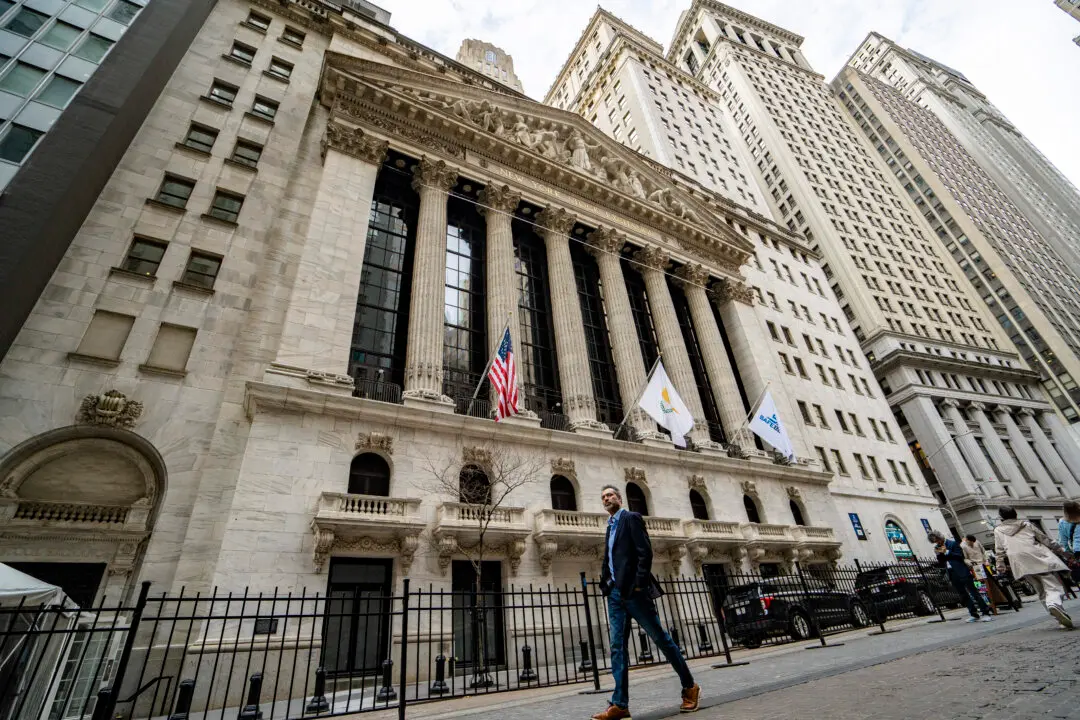Cathie Wood’s ARK Investment Management, an equities fund that targets growth and innovation stocks, is off to a poor start in 2022 and continuing its downward pattern from last year.
Wall Street extended its rough start to the new year on Jan. 10, with the leading benchmark indexes in the red. But Wood’s exchange-traded funds (ETFs) have been experiencing sharp selloffs in recent sessions.





